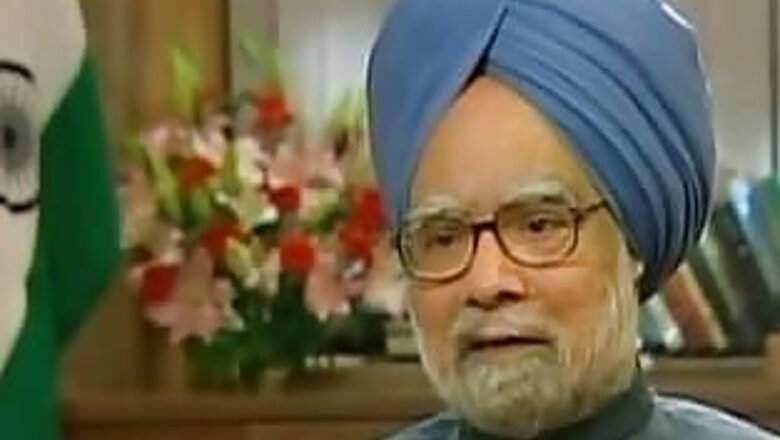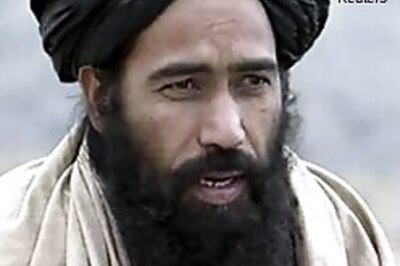
views
Washington: A day before Prime Minister Manmohan Singh holds talks with US President Barack Obama, India and the US are inching closer in their approach towards international climate negotiations at Copenhagen that could lead to a deal on the transfer of green technologies on Tuesday.
Climate negotiators from India and the US have been working hard to bridge differences in approach that has opened up the possibilities for a green technology deal during the summit talks between the two leaders.
A memorandum of understanding on expanding collaboration in the area of renewable and green energy is expected to be signed.
There is enormous scope for collaboration on green technology and in interlinked areas like energy-efficient green buildings and renewable sources of energy, including like solar and wind and bio mass.
A number of collaborative projects are likely to be announced soon, said official sources.
The prospects for greater convergence between India and the US brightened as Manmohan Singh arrived on a sunny afternoon in Washington on Sunday as the first state guest of the Obama White House. Prime Minister's Special Envoy on Climate Change Shyam Saran is accompanying Manmohan Singh on this important trip where climate change would be high on the agenda.
The new strategy involved India linking up climate change talks with its access to nuclear energy. This new approach is reflected in the determination of the Obama administration to wrap up a crucial pact for reprocessing spent fuel by the time the US President sits down for talks with his Indian guest.
Increasingly, there is a convergence of approach, specially on the links between climate change and energy security, said reliable sources.
The two sides now agree on spurring a strategic shift from carbon-based fossil fuels to renewable sources of energy, said the sources on usual condition of anonymity associated with disclosure of such sensitive discussion issues. This is the basis on which India and the US can continue dialogue, the sources added.
With the US pressing India for accepting some form of limitations on its carbon emissions, India has reached a mid-way compromise by agreeing to declare its climate mitigation actions in a national communication to the United Nations Framework Convention on Climate Change (UNFCC).
This would be an important concession by India without compromising on its oft-repeated position of the differential responsibilities of developed and developing countries over carbon reduction targets.
India has consistently maintained it wants developed countries to take deeper cuts and refused to accept any reduction target on grounds that such targets would affect prospects of economic growth in developing countries.
With weeks to go before the 11-day Copenhagen conference and the receding possibilities of a legally binding international deal to replace the Kyoto protocol, Indian negotiators have made it clear that the template for Copenhagen negotiations should be the UNFCC that recognizes the differential responsibilities of developed and developing countries over carbon emissions.



















Comments
0 comment